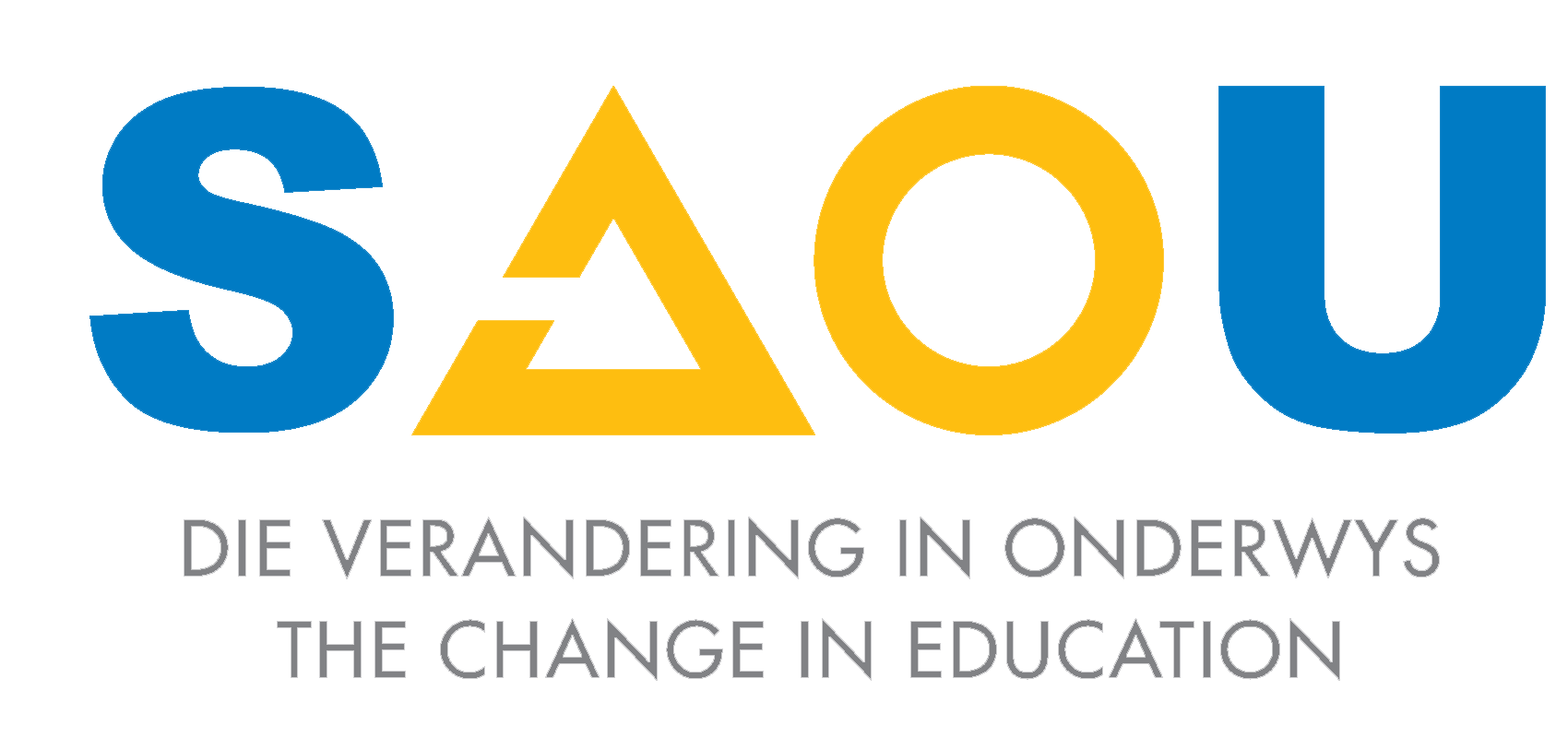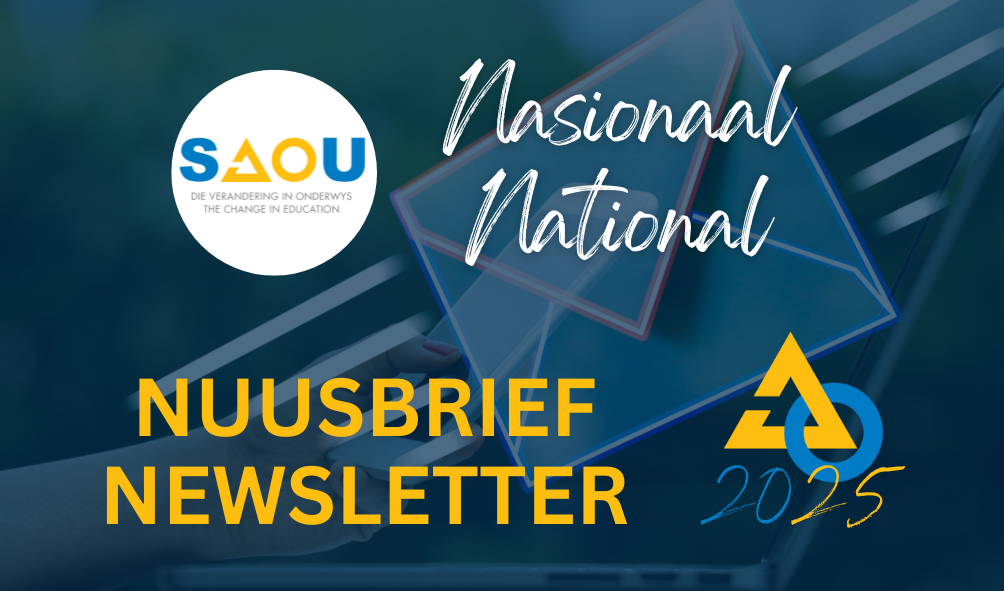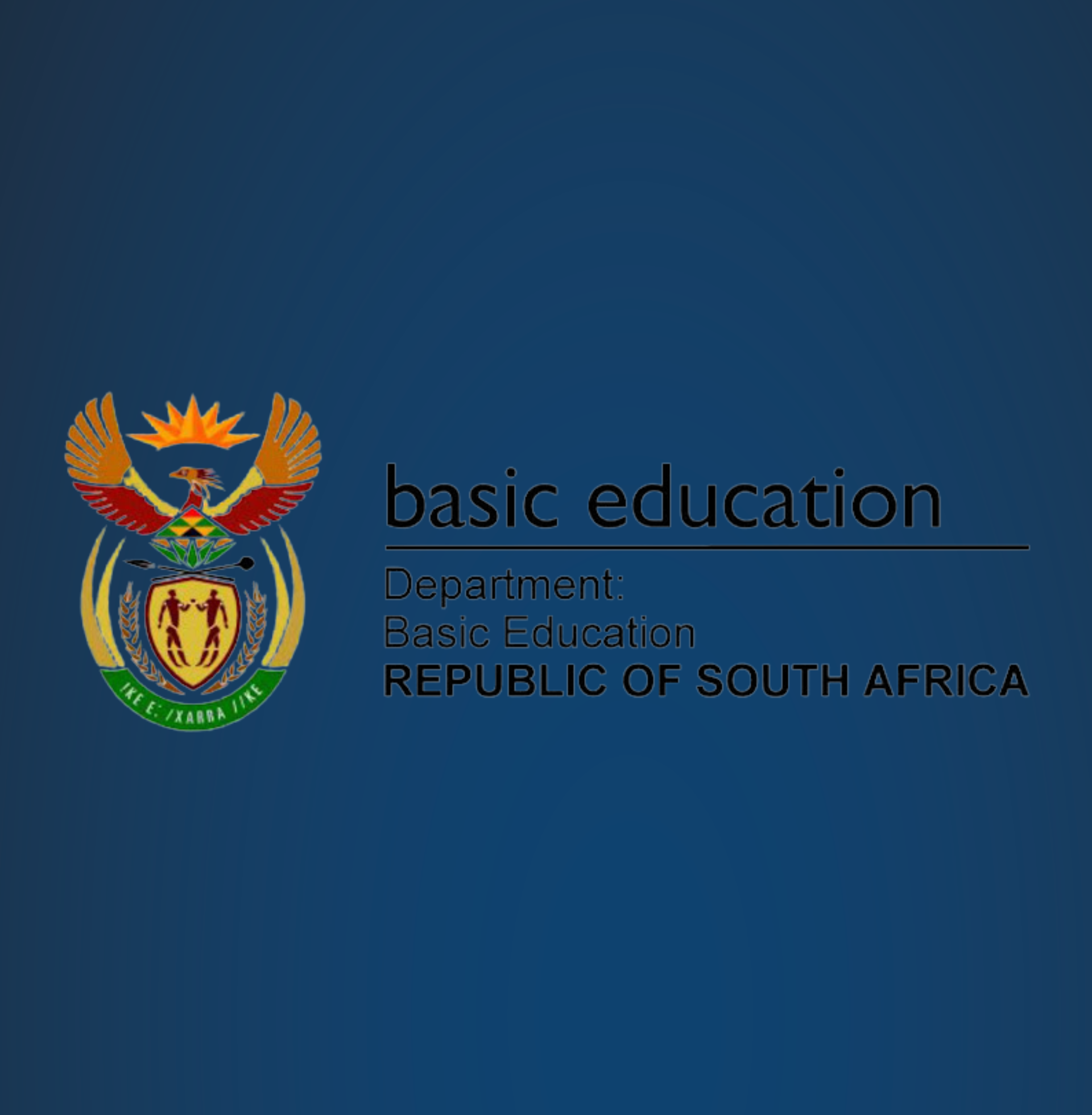
NN 04/2025
STUDENTE IN KLASKAMERS EN
SARO-REGISTRASIE
Om ‘n onderwysstudent by ‘n skool aan te stel hou verskeie voordele vir beide die skool asook die student in. Vir ‘n student is ‘n indiensneming die verbinding tussen teorie en die praktiese toepassing daarvan, aangesien suiwer teorie geen ‘aksie’ behels nie.
Afgesien van die voorreg vir ‘n skool om so ‘n geleentheid aan ‘n student te kan verskaf, verlig studente ook die werkslas van onderwysers met die uitvoering van hul pligte as assistente.
Dit is egter baie belangrik vir skole om reeds tydens die aanvang van studente se onderwysloopbaan die regte raad en leiding aan studente te verskaf. Een so ‘n aspek is beslis SARO-registrasie.
Om geregistreerd te wees by die Suid-Afrikaanse Raad van Opvoeders (SARO) is verpligtend vir enige nuut aangestelde werknemer wat ‘n beroep in die onderwys wil beoefen.
Wat behels die registrasie van voornemende onderwysers?
- Voornemende onderwysers wat nog studeer om ‘n diploma of ‘n graad in die onderwys te bekom, word voorlopig in hul finale studiejaar. geregistreer. Hierdie voorlopige registrasiestatus sal die persoon in staat stel om ‘n bevestigingsbrief (met ‘n vervaldatum) vanaf SARO te ontvang. Sodra die voornemende opvoeder as ‘n volwaardige opvoeder kwalifiseer, moet die SARO-kantoor van gewaarmerkte afskrifte van die sertifikate en identiteitsdokument voorsien word om vir volle registrasie te kwalifiseer.
- Voornemende onderwysers wat voorlopig geregistreer is, mag onder geen omstandighede as volwaardige gekwalifiseerde onderwysers in ‘n klaskamer onderrig nie. Hierdie onderwysers mag slegs as assistente dienste verrig.
Wat behels die registrasie van ‘n reeds gekwalifiseerde persoon wat nog nie ‘n professionele onderwyskwalifikasie bekom het nie?
- So ‘n onderwyser sal voorlopig geregistreer kan word met die voorwaarde dat ‘n onderwyskwalifikasie binne ‘n redelike tydperk bekom moet word.
- Hierdie tipe onderwyser sal mag optree as ‘n volwaardige onderwyser in ‘n klaskamer.
Wie moet registreer by SARO?
Onderwysers soos bovermeld werksaam by:
- Openbare skole. Dit is onderwysers in diens geneem onder die Wet op Indiensneming van Opvoeders van 1998;
- Erkende onafhanklike skole;
- Verdere Onderwys- en Opleidingsinstellings (in diens ingevolge die VOO-wet van 1998);
- Volwasse leersentrums (BOOV);
- Waldorf- en Montessori-sentrums;
- VKO-onderwysers met ‘n minimum NKR vlak 4 VKO-kwalifikasies in diens in openbare en onafhanklike skole in graad R; and
- Buitelandse onderwysers soos per SARO besluit van 2008.
Waarom is dit so belangrik vir onderwysers om by SARO geregistreerd te wees?
In terme van die Suid-Afrikaanse Raad van Opvoeders Wet mag geen onderwyser in diens geneem word deur enige werkgewer indien diegene nie by die Raad geregistreerd is nie.
Wat is die gevolge van skoolhou sonder SARO-registrasie?
- Dissiplinêre stappe teen die nie-geregistreerde onderwyser;
- Dissiplinêre stappe teen die Skoolhoof aangesien dit die Skoolhoof se verantwoordelikheid is om toe te sien dat slegs SARO-geregistreerde onderwysers in ‘n klaskamer werksaam is; en
- Indien leerders weens die nalatigheid skade ly, sal ouers verdere stappe teen die skool asook die nalatige individue kan oorweeg.
Dit is dus uiters belangrik vir alle belanghebbendes in die onderwys om SARO-registrasie as ‘n hoë prioriteit te ag.
Die bovermelde verduideliking is verkry vanaf die SARO-webblad. Vir verdere inligting besoek gerus www.sace.org.za om die inligtingstuk vir SARO-aansoekers te bekom.
Indien jy twyfel of vrae het oor die onderwerp, moet asseblief nie huiwer om jou provinsiale SAOU-kantoor of die SAOU Regsafdeling te kontak nie.
2025/01/28
STUDENTS IN CLASSROOMS AND SACE REGISTRATION
Employing an education student at a school has several advantages for both the school and the student. For a student, employment is the connection between theory and its practical application, since pure theory does not involve any 'action'.
Apart from the privilege of a school to be able to provide such an opportunity to a student, students also lighten the workload of educators with the performance of their duties as assistants.
It is however very important for schools to provide students with the right advice and guidance at the commencement of their teaching career. One such aspect is certainly SACE registration.
Being registered with the South African Council of Educators (SACE) is one of the most important tasks of any newly appointed employee who wants to pursue a career in education.
What does the registration of prospective educators involve?
- Prospective educators who are still studying to obtain a diploma or a degree in education are provisionally registered in their final year of study. This provisional registration status will enable the person to receive a confirmation letter (with an expiry date) from SACE. Once the prospective educator qualifies as a full-fledged educator, he/she must provide the SACE office with certified copies of the certificates and identity document to qualify for full registration.
- Prospective educators who are provisionally registered may under no circumstances teach as fully qualified educators in a classroom. These educators may only perform services as assistants.
What does the registration of an already qualified person who has not yet obtained a professional teaching qualification entail?
- Such an educator will be able to be registered provisionally with the condition that a teaching qualification must be obtained within a reasonable period of time.
- This type of educator will be able to act as a full-fledged educator in a classroom.
Who must register with SACE?
Educators working at:
- Public schools. These are educators employed under the Employment of Educators Act of 1998;
- Recognized independent schools;
- Further Education and Training Institutions (in service in terms of the FET Act of 1998);
- Adult learning centres (ALCs);
- Waldorf and Montessori centres;
- ECD educators with a minimum NQF level 4 ECD qualifications employed in public and independent schools in grade R; and
- Foreign educators as per SACE decision of 2008.
Why is it so important for educators to be registered with SACE?
In terms of the South African Council of Educators Act, no teacher may be employed by any employer if they are not registered with the Council.
What are the consequences of teaching without SACE registration?
- Disciplinary action against the non-registered educator;
- Disciplinary steps against the Principal as it is the Principal’s responsibility to ensure that only SACE registered educators are teaching in the classroom; and
- If learners suffer damage due to negligence, parents will be able to consider further steps against the school as well as the negligent individuals.
It is therefore extremely important for all stakeholders in education to regard SACE registration as a high priority.
The above explanation was obtained from the SACE web page. For further information please visit www.sace.org.za to access the information sheet for SACE applicants.
If you have doubts or questions on the matter, please do not hesitate to contact your provincial SAOU office or SAOU Legal Department.












